Lab Talks
Lab Talk: Fabulating Radical Care and Accountability in Design
November 21
3A18
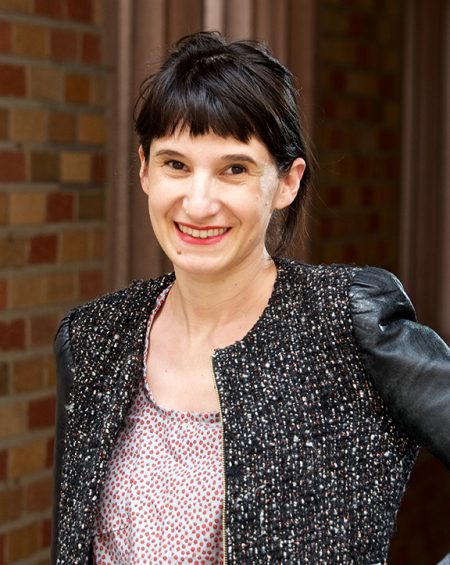
This talk thinks with the affective labor of design pedagogy and in particular the way forms of radical care and accountability might be brought to bear on the methods, strategies, and frameworks designers take up. I use a case study of technology development to examine how designers might cultivate an active commitment to transformative struggle within engineering worlds. Exploring histories of erasure as sites of collective imagination, this work suggests design methods might reorganize the work of affiliation, feeling, and contact among those designing and designed.
Everyone is welcome: On Thursday November 21 at 10 in 3A18
Lab Talk: An Anatomy of Slow Technology Research Products
August 12 at 11.30
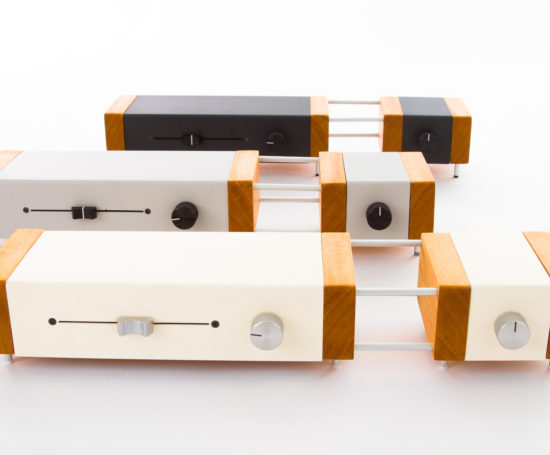
The convergence of social, cloud and mobile computing has created a world in which people generate, access, manipulate, and share personal digital data at larger scales and faster rates than ever before. From digital photo albums to online music streaming services, these new technologies have enabled people to create vast archives of digital data that capture their life experiences. These technological trends raise complex questions for the HCI community as we critically look to the future and consider their longer-term implications. As archives continue to grow, how will people live with their personal data in ways that support their evolving practices and understandings of self as they change over time? What kinds of qualities should designers consider in crafting a longer-term place for computational things in everyday life?
Early research has begun to show that designing technologies that intentionally slow down interactions with digital artifacts can make them more valuable parts of everyday life. However, the conceptualization of ‘slowness’ as a design approach is underdeveloped and exemplars of how it can be translated into design strategies are sparse. Research through Design (RtD) is an emerging research method in interaction design that grounds theoretical investigations through the research‐creation activity of design. The design artifacts produced through RtD offer exemplars of how theoretical concepts can be articulated and refined through the creative practice of design. In this way, RtD offers concrete ways to surface new knowledge on how complex social issues like digital overload can be reframed and approached.
Over the past several years, I have worked on several practice-led projects to investigate how the slow technology design philosophy might offer a critical framing for inquiring into the research questions posed above — and how slow technology itself could be further theoretically developed. In this talk I will surface and attend to key details related to the process of designing and making slow technology research products.
BIO
William Odom is an Assistant Professor in the School of Interactive Arts and Technology at Simon Fraser University in Vancouver, Canada, where he co-directs the Everyday Design Studio. He leads a range of projects in slow interaction design, the growing digitization of people’s possessions, and methods for developing the practice of Research-through-Design. His work has received best paper awards at the ACM conferences including CHI, DIS, and Ubicomp, as well as a silver international design excellence award (IDEA) from the Industrial Designers Society of America. He holds a Ph.D. in Human-Computer Interaction from Carnegie Mellon University, and was previously a Fulbright Scholar in Australia, a Banting Fellow in Canada, and a Design United Research Fellow in the Netherlands.
Lab Talk: Data-driven design of healthcare services
DATE & TIME
LOCATION

Maria Karampela is a PhD student at the IT University of Copenhagen and will share her research with us.
A paradigm shift in the provision of healthcare services is taking place, which can be credited to various factors such as a demographic change of the global population. Global demographics change is posed by an increase of the ageing population (WHO, 2015). In addition to that, an increase in life expectancy (OECD, 2019) and improvements in acute care treatment and diagnosis of diseases have contributed towards chronification of diseases that previously considered life terminal (Bedard, 2019; Jacobson, 2018).
Traditional healthcare services are often designed to manage health conditions in disconnected and fragmented ways so that in many cases they are not responding to users’ information needs. To support this change, future healthcare services need to respond to users’ information needs in connected ways. The emergence of connected health services paradigm and the potential of utilization of Big data in preventive and personalized care has been envisioned to enable personalized care, without jeopardizing the quality of services, while reducing expenditures (Koster, 2016). To achieve that, the role of data is essential (Raghupathi & Raghupathi, 2014).
Taking into consideration the above, my research seeks to answer the following question: How to model the use of healthcare services based on data-driven perceptions of users?
Lab Talk: Microbes on the Mind
25th March at 9.30
IxD Lab
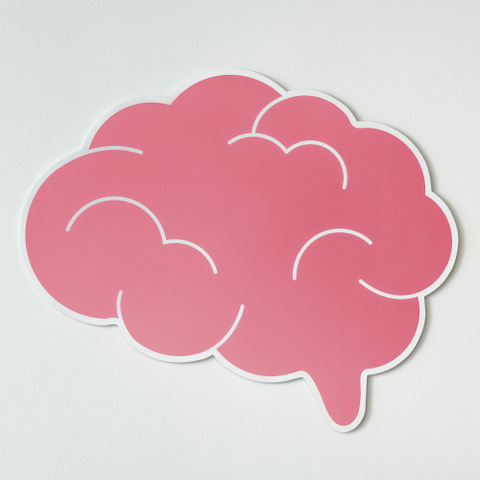
Associate Professor Louise Whiteley from the University of Copenhagen, Medical Museion and the National Institute of Public Health, and Adam Bencard, co-curator of the Mind the Gut exhibition at the Medical Museion will join us to discuss the implications of emerging research on the mind/gut connection. This is part of our Gut Feeling project where we’re attempting to design self-tracking tools that can reflect the new knowledge that our mental states are influenced by the bacteria in our gut.
Louise has just begun the project: “Microbes on the Mind: Public Perceptions of the Implications of Microbiome Research for Mental Illness”, funded by the Velux Foundation Group Awards. “Over the past decade, a new health science research area has emerged along with a spectacular insight; the trillions of bacteria living in our intestines seem to play an important role in the brain’s development and condition. The research results have prompted researchers to examine the role of intestinal bacteria in several mental conditions and disorders, including schizophrenia, depression, anxiety, stress, and autism. Research has already been ‘released’ by the laboratories and attracts great media attention as well as among patients and therapists. Therefore, there is also a need for humanistic based research and researchers that ask: how does this research change our cultural perception of mental disorders and the treatment? ‘Microbes on the Mind’ explores cultural perception across three analytical domains; science, culture/media and personal experiences. The project also includes a series of open, experimental workshops at the ‘Mind the Gut’ exhibition at the Medical Museion, designed to test and further develop the analysis.”
Lab Talk: The exocollective
Friday March 15 at 13.00
IxD lab
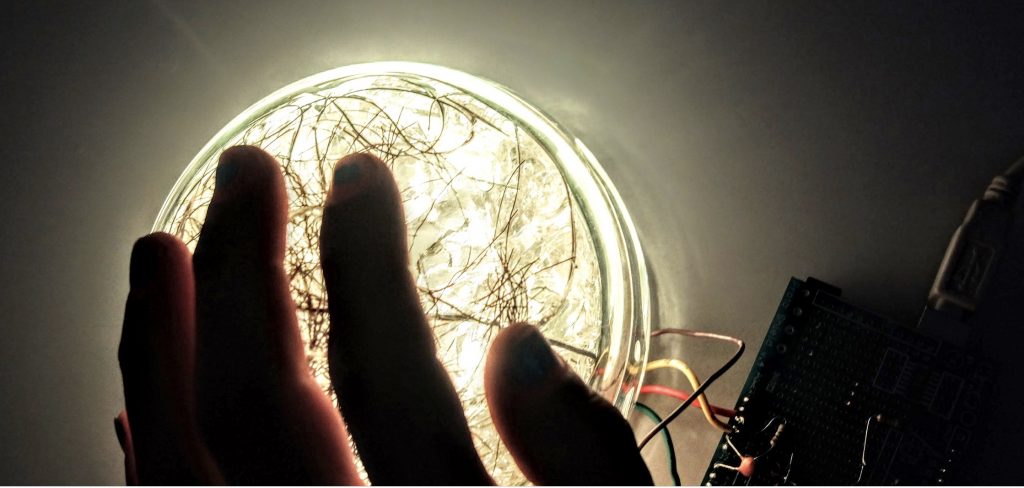
The exocollective is an organic grouping with multiple stakeholders engaging for shorter or longer periods of time, all connected by a shared interest in doing speculative explorations of interactive design, art, and technology.
https://www.exocollective.com/
The main agenda is to develop an experimental approach to researching the potential of new technologies and materials: Speculative explorations in interactive design, art and technology. The massive evolvement of technology invites an ongoing exploration of the creative and speculative spaces they open up. It calls for a sensibility towards the possibilities in materials, tinkering, hacking, redesigning, shaping and questioning possible, probable and potential outcomes. computational material exploration includes play, aesthetics, experience, engagement, embodiment, social and physical elements.
Lab Talk: IoT in the Home
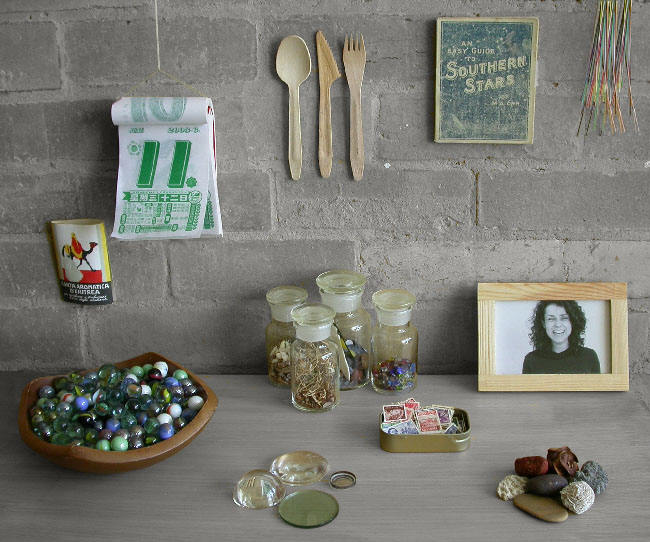
Daria Loi is Principal Engineer in Intel Labs. As a Participatory Design and UX strategist for two decades, Daria focused on intelligent systems, affective computing, smart spaces, multimodal experiences, PC/TV products & TUIs. Before joining Intel, she was an architect in Italy and Senior Research Fellow at RMIT University.
Daria Loi will give a talk on her international ethnographic study into use of IoT in the home.
Hiking Hybrid Paths: Craft, Performance, Interaction
On November 25. from 13:00 to 14:00 Michael Nitsche from Georgia Tech will give a talk on Hiking Hybrid Paths. (more…)
Object Ecology
On December 9. from 13:00 to 14:00 Tom Jenkins from Georgia Tech will give a talk on Object Ecology. (more…)
Design encounters with non-human others
Li Jönsson from The Royal Danish Academy of Fine Arts, will give a talk on Design encounters with non-human others, 18th November at 14:00 in IxD Lab.
The downgrade path: Conviviality in infrastructural decay
Marisa Cohn, assistant professor at ITU and member of the TiP and IxD research groups, will be holding a talk on November 5. in the IxD Lab.
Exploring materials through design practices
Vasiliki is doing her PhD at KTH in stockholm with Ylva Fernaeus and is visiting ITU the rest of the year sitting in IxD lab! On October 8. She did a talk on Exploring materials through design practices.
Electronics, computers and mechanics and my paint, brush and canvas.
On Thursday the 24th of September, we had a visit from Christian Liljedahl from art collective Illutron (http://illutron.dk).
Senses & Futures
Julka Almquist from Illinois Institute of Technology in Chicago visited ITU and gave an extraordinary lab talk September 17, on Senses & Futures.
IxD Lab Talks Fall 2015
September 24: Christian Liljedahl from Illutron: https://christian.liljedahl.dk/tag/past/
October 8: Vasiliki Tsaknaki, visiting researcher from KTH: https://www.kth.se/profile/tsaknaki/
November 5: Marisa Cohn from ITU, on Technical Obsolescence
November 18 @14:00: Li Jönsson from KADK, on Design encounters with non-human others
November 25 from 13:00 to 14:00: Michael Nitsche from Georgia Tech
December 9 from 13.00 to 14.00: Tom Jenkins from Georgia Tech, on Object Ecology
Lab Talk thursday at 14
On Thursday at 14 Rita Maldonado Branco will give a lab talk on: Communicating with people with dementia
(more…)
Thesis Presentation
Nina Mørch Pedersen and Morten Winter will present their thesis on may 12th!
Hacking with Chinese Characteristics
Silvia Lindtner is giving a Lab Talk on May 7 at 14:00
Extra: Garnet Hertz
Garnet Hertz will visit ITU and IxD lab on October 3 at 4-5 pm and have an open conversation on Critical Making
(more…)
Play Matters
Miguel Sicart is giving a Lab Talk on November 13 at 13.
(more…)
An exciting visit
Designing Material
Paul Nicholas will give a Lab Talk on Oktober 31 from 13-14
